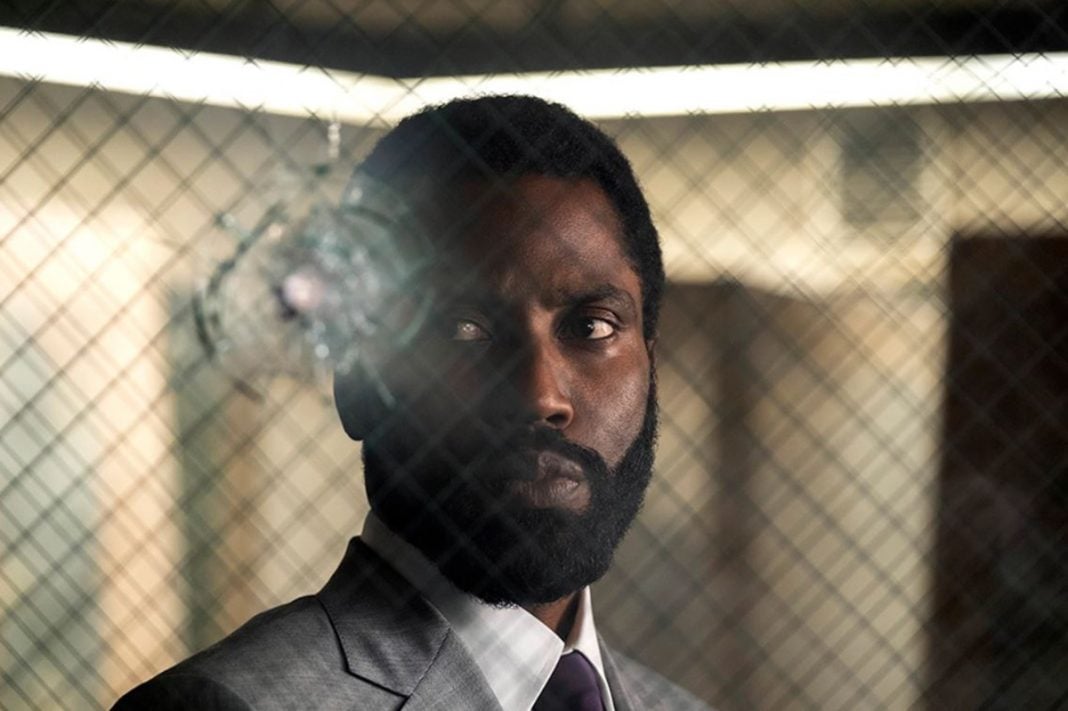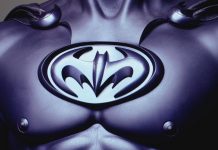Today marks the wide US release (where theaters are open) of Christopher Nolan‘s newest film Tenet, the brand new action-based techno-thriller from the master of the cinematic puzzle box. We’ve already talked to Himesh Patel, who is a key part of the cast, and if you haven’t already read it, our review of the film hit the site yesterday.
But today, we’re unveiling our new interview with Tenet’s star John David Washington who plays the film’s central character, The Protagonist – a Bond-esque hero who, after a near-death experience, is trying to unravel the mystery of a secret organization called Tenet. John David graciously spent a little time with me to discuss his experience working with Nolan, shooting such a complex script and facing his biggest phobia on set.








Instead of risking your life to see TENET in a theater, stay home and watch John David’s dad in MALCOLM X. A classic.
Comments are closed.